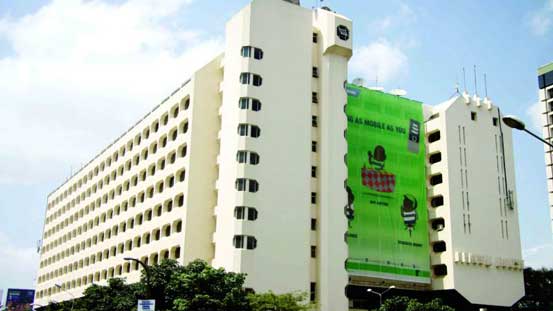×
The Standard e-Paper
Join Thousands Daily

NAIROBI, KENYA: Kenya Commercial Bank trimmed its workforce by 709 employees in the 12 months to December last year as it intensified its restructuring geared at cutting costs.
Details contained in the lender’s latest investor presentation covering the financial year ended December 31, 2017, show the group now has 6,483 staff, down from 7,192 as at December 2016.